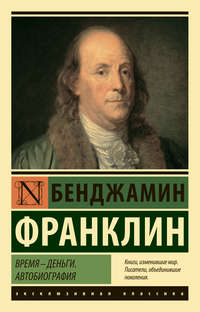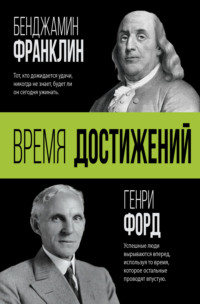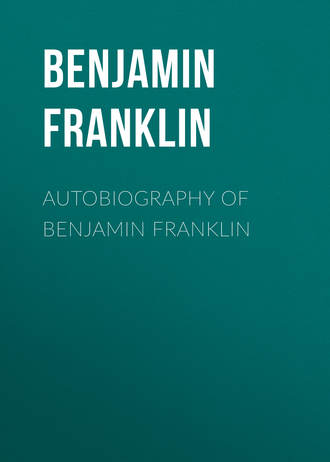 полная версия
полная версияAutobiography of Benjamin Franklin
92
A short street near Charing Cross, London.
93
The "round, selfish, and self-important" squire of Don Quixote in Cervantes' romance of that name.
94
My acts in Morris's time, military, etc.—Marg. note.
95
On Lake Champlain, ninety miles north of Albany. It was captured by the French in 1731, attacked by the English in 1755 and 1756, and abandoned by the French in 1759. It was finally captured from the English by the Americans in 1775.
96
By chance.
97
Pittsburg.
98
Kingston, at the eastern end of Lake Ontario.
99
Other accounts of this expedition and defeat may be found in Fiske's Washington and his Country, or Lodge's George Washington, Vol. 1.
100
A famous Scotch philosopher and historian (1711-1776).
101
Governor of Massachusetts and commander of the British forces in America.
102
This dialogue and the militia act are in the Gentleman's Magazine for February and March, 1756.—Marg. note.
103
Pronounced Gna´-den-hoot.
104
Flint-lock guns, discharged by means of a spark struck from flint and steel into powder (priming) in an open pan.
105
Here the pole connecting the front and rear wheels of a wagon.
106
The Royal Society of London for Improving Natural Knowledge was founded in 1660 and holds the foremost place among English societies for the advancement of science.
107
See page 327.
108
A celebrated French naturalist (1707-1788).
109
Dalibard, who had translated Franklin's letters to Collinson into French, was the first to demonstrate, in a practical application of Franklin's experiment, that lightning and electricity are the same. "This was May 10th, 1752, one month before Franklin flew his famous kite at Philadelphia and proved the fact himself."—McMaster.
110
An English baronet (died in 1709), donator of a fund of £100, "in trust for the Royal Society of London for improving natural knowledge."
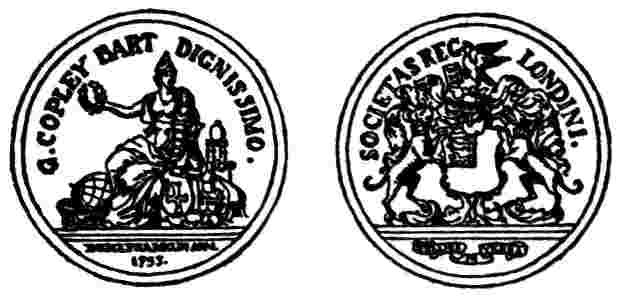
111
Quarrel between George II and his son, Frederick, Prince of Wales, who died before his father.
112
A satirical poem by Alexander Pope directed against various contemporary writers.
113
William Pitt, first Earl of Chatham (1708-1778), a great English statesman and orator. Under his able administration, England won Canada from France. He was a friend of America at the time of our Revolution.
114
This relation illustrates the corruption that characterized English public life in the eighteenth century. (See page 308). It was gradually overcome in the early part of the next century.
115
A piece of wood shaped and weighted so as to keep it stable when in the water. To this is attached a line knotted at regular distances. By these devices it is possible to tell the speed of a ship.
116
A celebrated prehistoric ruin, probably of a temple built by the early Britons, near Salisbury, England. It consists of inner and outer circles of enormous stones, some of which are connected by stone slabs.
117
"Here terminates the Autobiography, as published by Wm. Temple Franklin and his successors. What follows was written in the last year of Dr. Franklin's life, and was never before printed in English."—Mr. Bigelow's note in his edition of 1868.
118
George Granville or Grenville (1712-1770). As English premier from 1763 to 1765, he introduced the direct taxation of the American Colonies and has sometimes been called the immediate cause of the Revolution.
119
This whole passage shows how hopelessly divergent were the English and American views on the relations between the mother country and her colonies. Grenville here made clear that the Americans were to have no voice in making or amending their laws. Parliament and the king were to have absolute power over the colonies. No wonder Franklin was alarmed by this new doctrine.
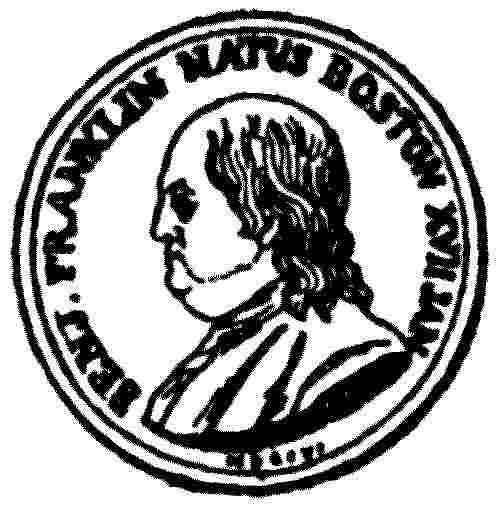


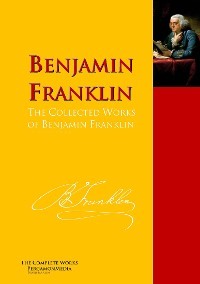
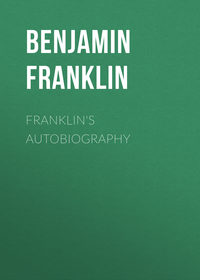
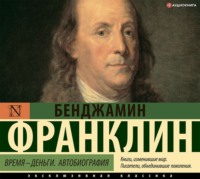

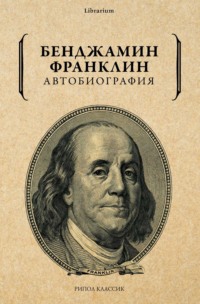
![Memoirs of Benjamin Franklin; Written by Himself. [Vol. 2 of 2]](/covers_200/24858395.jpg)
